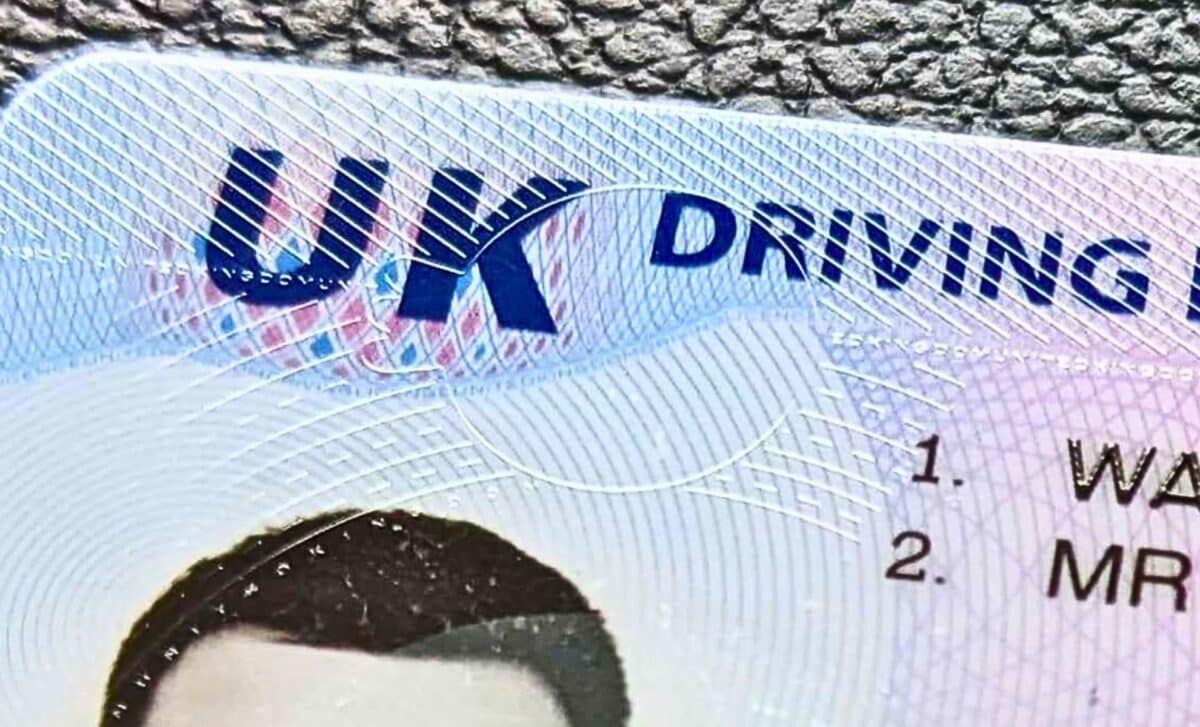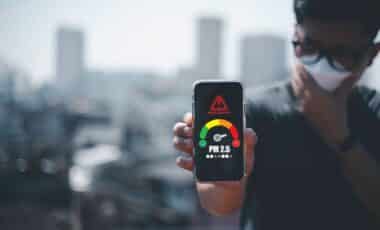Motorists who take certain common medications may face the unexpected threat of having their driving licence revoked by the DVLA (Driver and Vehicle Licensing Agency). According to Greg Wilson, CEO of Quotezone, specific medications—such as opioid painkillers, some antidepressants, and tranquillisers—can seriously impair your ability to drive. And the consequences of not informing the DVLA could be severe, including fines of up to £1,000 and even legal action if you’re involved in an accident while under the influence of these drugs.
Wilson’s warning is clear: “If you are on strong medications, you will likely be advised to avoid driving.” And it’s not just a suggestion. These medications can cause serious side effects like drowsiness, dizziness, and blurred vision, making it dangerous to get behind the wheel. In fact, if you’re taking certain antidepressants, the NHS warns you might experience side effects that impair your driving—especially when first starting treatment.
The DVLA’s Strict Rules: Don’t Take Any Chances
The DVLA is very clear on its requirements. If your medical condition—whether it’s related to depression or another health issue—affects your ability to drive safely, you must inform them. Their website states: “You only need to tell DVLA if your depression affects your ability to drive safely.” If you’re unsure whether your medication or condition impacts your driving, the DVLA recommends you consult your doctor. They also stress that the M1 questionnaire needs to be filled out and sent to them if your condition does affect your driving.
Once you’ve informed the DVLA, they’ll send you a letter detailing their decision. Depending on your condition, the DVLA may ask for additional medical information, which could involve consulting with your GP or undergoing a medical examination, or even a practical driving test.
What Happens if You Don’t Declare Your Condition?
Ignoring these rules is a gamble you don’t want to take. If you fail to inform the DVLA and get caught driving under the influence of a medication that impairs your ability to drive, you’re opening the door to hefty fines, and worse, potential legal trouble. In serious cases, an accident could lead to criminal charges.
In most cases, the DVLA will allow you to continue driving while your application is being processed, but if you’re renewing your licence and have declared a medical condition, be prepared to follow any specific advice they provide. These details are crucial to ensure you’re legally fit to drive.
So, if you’re taking medication that could impact your driving abilities, don’t wait. Speak to your doctor and make sure you’re following the DVLA’s rules. It’s the best way to avoid hefty fines and ensure you stay on the road legally and safely.
What Are the Symptoms of Depression?
The NHS website says these can be physical and psychological. Psychological signs can include:
- having suicidal thoughts or thoughts of harming yourself
- having low self-esteem
- feeling hopeless and helpless
- feeling guilt-ridden
- feeling irritable and intolerant of others
- feeling tearful
- feeling anxious or worried
- not getting any enjoyment out of life
- continuous low mood or sadness
- having no motivation or interest in things
- finding it difficult to make decisions
Physical red flags can include:
- changes in appetite or weight (usually decreased, but sometimes increased)
- constipation
- low sex drive (loss of libido)
- unexplained aches and pains
- moving or speaking more slowly than usual
- disturbed sleep – for example, finding it difficult to fall asleep at night or waking up very early in the morning
- lack of energy
Social symptoms include:
- avoiding contact with friends and taking part in fewer social activities
- neglecting your hobbies and interests
- having difficulties in your home, work, or family life









